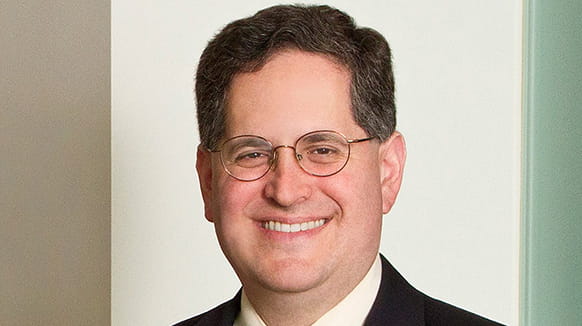View the PDF version of the September 2017 IP Beacon.
Biosimilar Product Approval and the Implications of Sandoz v Amgen
The U.S. Supreme Court's much-awaited decision in Sandoz Inc. v. Amgen Inc., 2017 BL 198127, U.S., No. 15-1039, 6/12/17 is favorable to biosimilar applicants on two key sections of biosimilars law but many questions remain that will need to be addressed through litigation or regulation under this complex new regulatory regime.
On June 12, 2017, in a unanimous decision authored by Justice Clarence Thomas, the Court addressed two critical questions in the biosimilar approval mechanisms adopted in the Biologics Price Competition and Innovation Act of 2009 ("BPCIA" or "Biosimilars Act"). Specifically, the Court considered: (1) whether a federal injunction is available to enforce the BPCIA provision that a biosimilar applicant ("applicant," i.e., a company seeking approval to market a biosimilar) engage in the "patent dance" by providing the reference product sponsor ("sponsor," i.e., the company that markets the original biologic drug) a copy of its biologics license application and certain related manufacturing information, and (2) whether the BPCIA's 180 days' premarketing notice provision must be satisfied after the U.S. Food & Drug Administration ("FDA") has approved the applicant's biosimilar application. The short answer to both is no. However, other BPCIA-related questions and new questions raised by this decision still need to be resolved.
On Wednesday, July 26, 2017, in Soft Gel Technologies, Inc., v. Jarrow Formulas, Inc. (Appeal No. 17-1051, Fed. Cir. July 26, 2017), the Court of Appeals for the Federal Circuit ("the CAFC") affirmed the Patent and Trial Appeal Board's (PTAB) rulings from three inter partes reexaminations invalidating numerous claims of three patents assigned to Soft Gel Technologies, Inc. ("Soft Gel") on obviousness grounds. The CAFC, in affirming the PTAB, applied various canons of obviousness law to refute Soft Gel's position, specifically emphasizing that an obviousness rejection cannot be overcome by attacking references individually, and that only a reasonable expectation of success, rather than absolute predictability of success, is required as a basis of motivation to combine references.
Portland Rockers Score a Winning Touchdown for the Redskins in Supreme Court Trademark Dispute
The Supreme Court issued its decision in Matal v. Tam, a high-profile dispute implicating NFL football, Portland dance-rock, and the Lanham Act's disparagement clause. In its eagerly anticipated decision, the Court, voting 8-0, struck down the Lanham Act's prohibition on disparaging trademarks as facially unconstitutional under the First Amendment. The ruling is being hailed as a significant victory for Simon Tam and his band, the Washington Redskins organization (whose trademark registrations had been canceled pursuant to the now-unconstitutional clause), and free-speech advocates everywhere.
TC Heartland: What’s the Big Deal?
If you haven’t yet heard about the Supreme Court's decision in TC Heartland v. Kraft Food Groups Brands LLC, you're probably not a patent litigator. The case has been dominating legal industry headlines for months, and now that a decision has been issued, it is being hailed as the single most important case for patent litigators this side of Markman v. Westview Instruments, Inc. But is TC Heartland really a sea change for patent litigation? A review of Federal Circuit cases applying the portion of the patent venue statute not addressed by TC Heartland – what constitutes "a regular and established place of business" – indicates that the change may not be as sweeping as some have suggested.
On Tuesday, May 30, 2017, the U.S. Supreme Court held that United States patent rights are exhausted by the sale of a product by the patentee or its licensee "regardless of any restrictions the patentee purports to impose or the location of the sale." Impression Prods., Inc. v. Lexmark Int'l, Inc., No. 15 1189, slip op. at 2 (U.S. May 30, 2017). In so doing, the Court reversed the Federal Circuit's February 2016, en banc decision. The case involved Lexmark's sale of printer toner cartridges with restrictions on resale and reuse of the cartridges. Companies that sell products with post-sale restrictions should review this holding and consider its ramifications prior to seeking to use patent infringement litigation to effectively enforce any such restrictions. Companies should review the content of any written post-sale restrictions in light of the new ruling. Finally, companies that make sales abroad should consider the terms of their sales in light of the Court's holding that foreign sales can exhaust United States patent rights.
